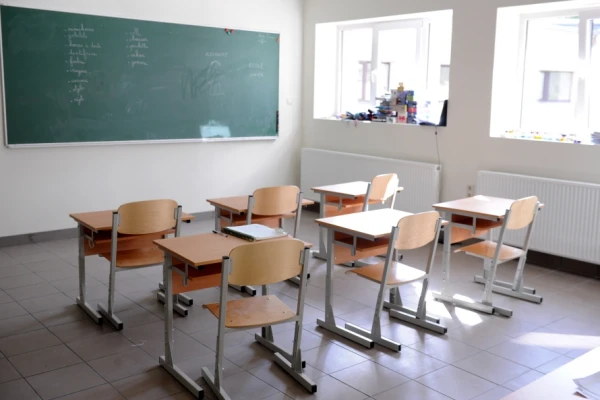
Ministry of Education and Science: Latvia would have enough teachers if they could be retained in the profession.
The number of teachers in Latvia should theoretically be sufficient, but the problem lies in retaining them in the profession, said Lana Franceska Dreimane, Deputy State Secretary of the Ministry of Education and Science (MoES), at a meeting of the subcommittee on higher education, science, and human capital of the Saeima Education, Culture and Science Committee.
Although the number of students and graduates indicates "overproduction," many young teachers leave or consider leaving within the first five years of their careers.
As noted by the MoES representative, a number of support mechanisms are currently being implemented, including the development of educational leaders' competencies. However, she stated, "the data does not provide a direct trajectory, and it is not so simple in nature with living people," so the main task now is to retain those who have already entered the field so that they remain in schools and continue to work in the long term.
The subcommittee questioned whether the shortage of teachers means that it is necessary to return to the discussion of entrance exams. However, the MoES representative said that most graduates of pedagogical programs continue to work in educational institutions.
"It's not that they do not finish their studies or do not go to work in schools. The question is what happens next," Dreimane reflects.
Linda Daniela, Dean of the Faculty of Education and Psychology at the University of Latvia (UL), considers the current requirements to be high - only those who have at least seven points in a particular subject can apply for teaching programs. However, she acknowledges that competition from other programs remains high, and although the number of applications is growing, retaining the best students is still a challenge.
This year, the university introduced a new initiative to support future teachers - during their studies, students are provided with a curator. This is intended for those who are already working in schools and facing serious challenges. The importance of psychological support and opportunities for growth was also emphasized by Riga Technical University, under whose auspices Liepaja Academy implements pedagogical programs. University representatives believe that the availability of budget places for part-time studies is an important support factor in the regions.
As previously reported, according to the first results of the international study cycle on the learning environment "Talis 2024," half or 53% of young teachers in Latvia may leave the profession within the next five years.
This is the highest rate among OECD countries. Latvia shares this trend with other Baltic countries.

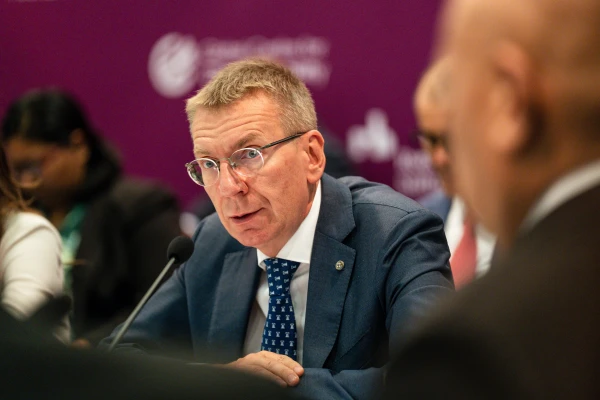
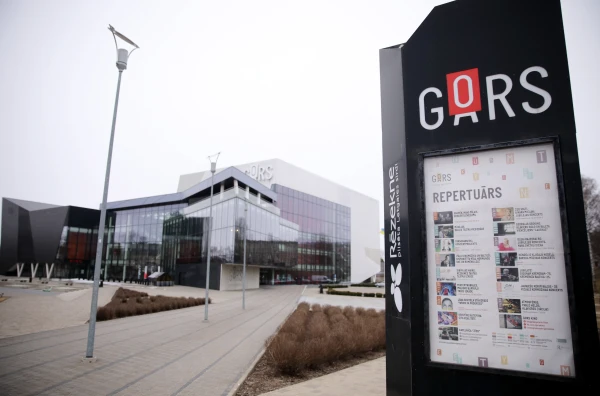
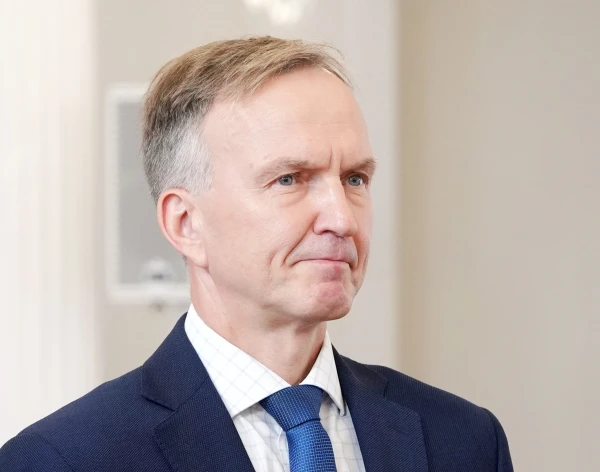

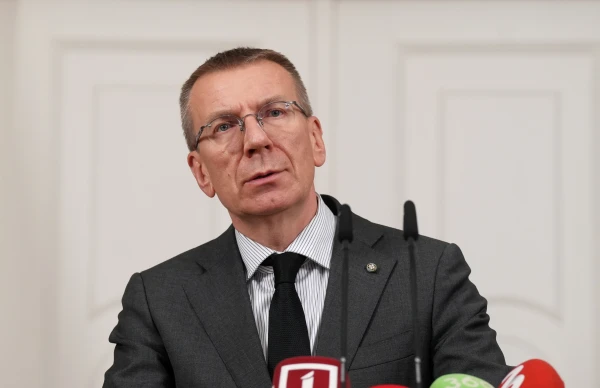
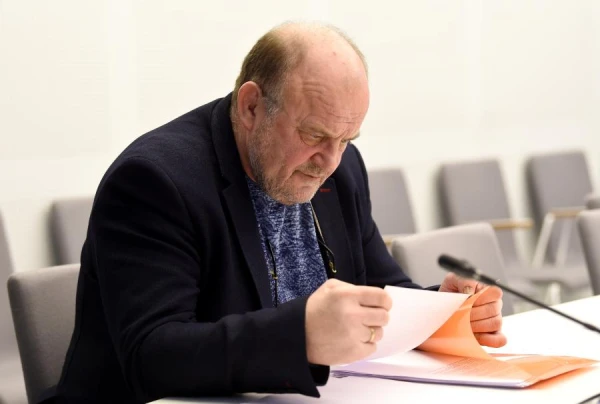

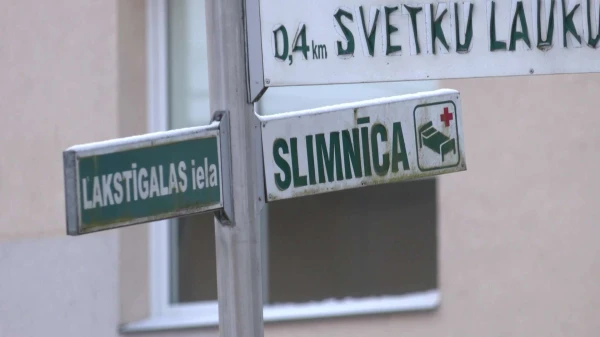



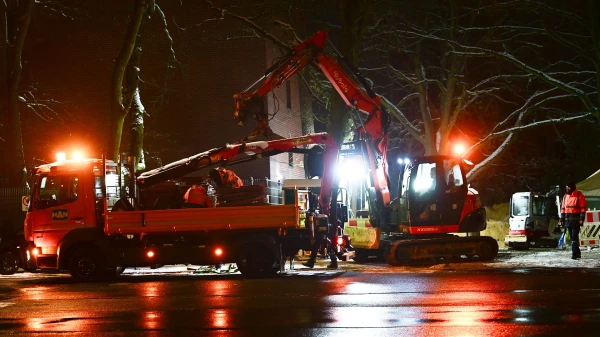
Leave a comment